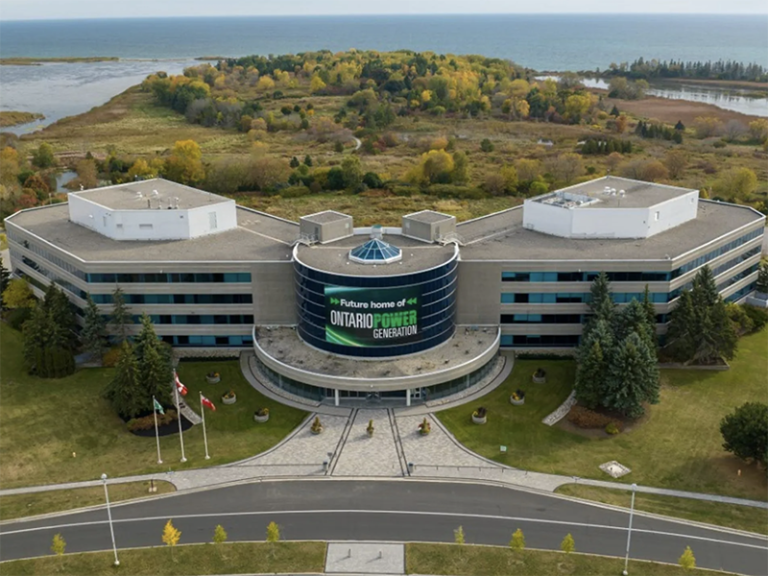“In fact, the whole town and county is a hive of politics and people who have only witnessed gathering such as the House of Commons at Westminster and the Senate at Washington and never seen a Conservative Convention at Tecumseh Corners or a Liberal Rally at the Concession school house don’t know what politics means”
Stephen Leacock, Sunshine Sketches of a Little Town
With the federal election well underway, it is difficult not to get swept up on the national campaign, pitting Conservative leader Stephen Harper against Liberal Michael Ignatieff, NDP leader Jack Layton, Green Party leader Elizabeth May and Bloc Quebecois leader Gilles Duceppe.
A study of elections between 1967 and 1997 found political leaders had little impact on changing voters’ minds. Yet since this time, decision power in Ottawa is now concentrated in the hands of the Prime Minister and his office. Backbenchers and members of Opposition parties are perceived to have little relevance.
Today, every bit of coverage, analysis and discussion centres around party leaders. The centralization of election campaigns also means daily messages; strategies and directions must compliment, or in some cases, be the same as the national leaders.
There is also a mountain of literature finding local candidates have very little impact on vote choice during a general election. However, in the last 10 years, there is research suggesting local candidates and organizations do have influence.
It is time Northumberland County joins this trend. And, thankfully, there are many places where local voters can define the issues and hold candidates accountable. Whether it is agriculture, tourism, radioactive waste, the gun registry, domestic violence, municipal infrastructure, economic development or the loss of retailers along the main street, the local candidates need to respond.
Incumbent Conservative candidate Rick Norlock, Liberal candidate Kim Rudd, NDP candidate Russ Christianson or Green Party candidate Ralph Torrie must be driven away from canned political speeches to talk about what concerns voters.
Far too often, national campaigns craft the agenda for debate: the economy, jobs, Canada Pension Plan, or whatever. Notable in the current campaign, a lot of resources are being put into attack advertising in an attempt to undermine personal credibility and trust. The use of fear, anger, frustration and resentment are now the targets of emotional manipulation by national campaign strategists.
Sadly, the mainstream media and national columnists play into these themes and strategies by merely repeating them with little regard to what citizens might be saying.
For Northumberland candidates to simply parrot these themes and piggyback on the national strategies should be read by voters as a sign of weakness and a lack of imagination.
Local newspapers, including this one, are seeking questions for candidates. This is an amazing chance for voters to shape the debate in this election. The strength of having a vibrant and diverse local media allows for many opportunities to reach out to residents and provide a chance for them to participate.
Also, many new platforms are available, as well. Social media tools like Facebook and Twitter allow for unrestricted access to information and opportunities to engage candidates and fellow voters directly.
None of this includes local public debates and sponsored events to meet and greet with candidates.
Regardless of past experiences, it is nearly impossible to be cynical in such an environment. With this unprecedented prospect, voters should make a special effort to ensure whomever wins will go to Ottawa with a clear message about what matters at home.


